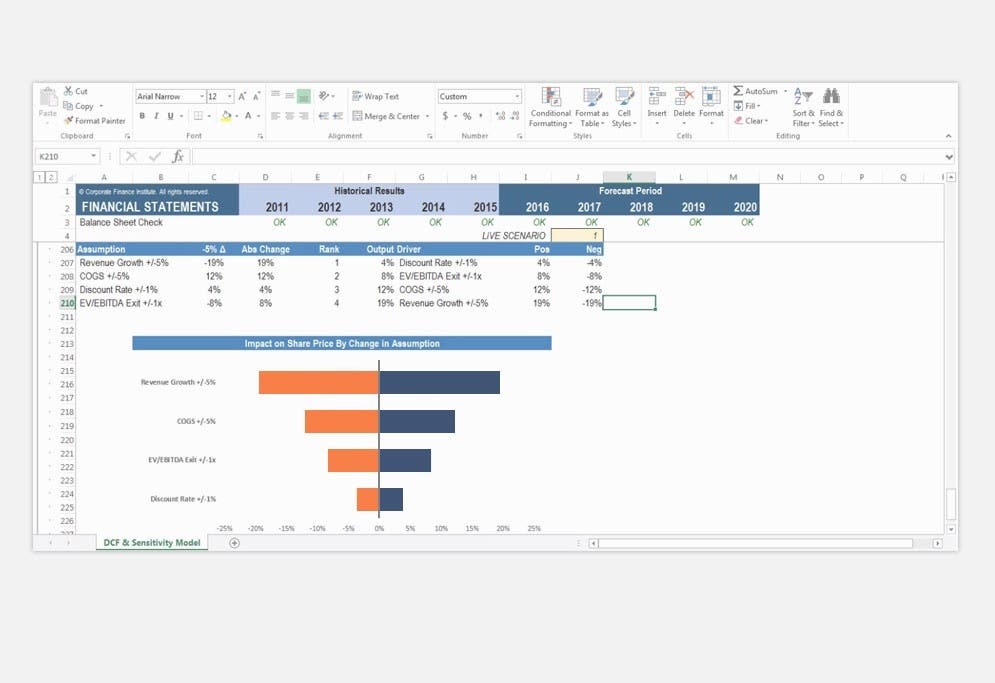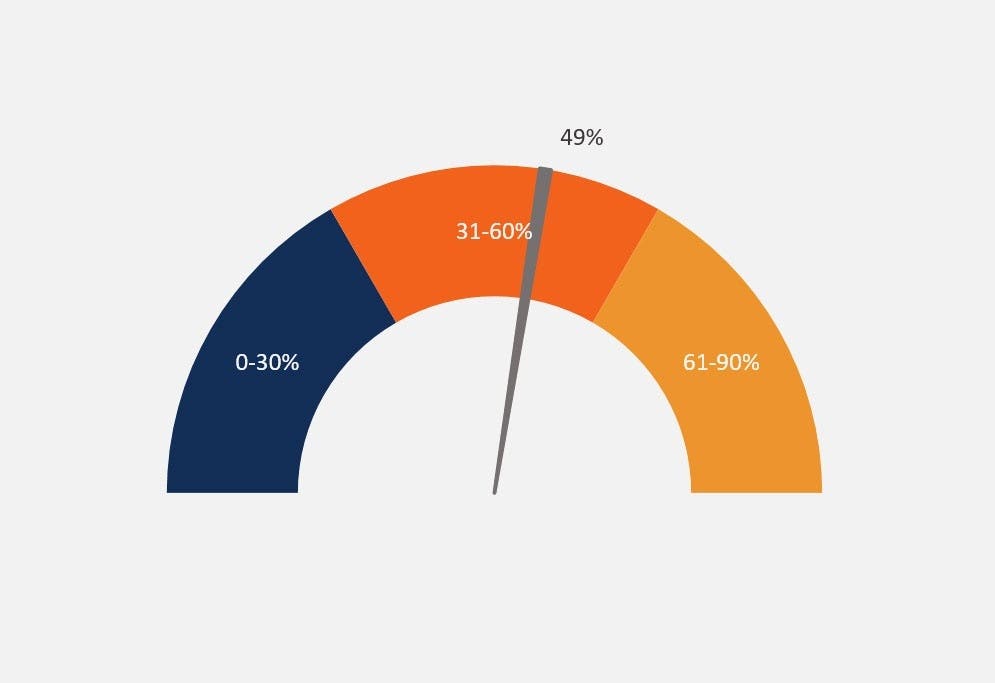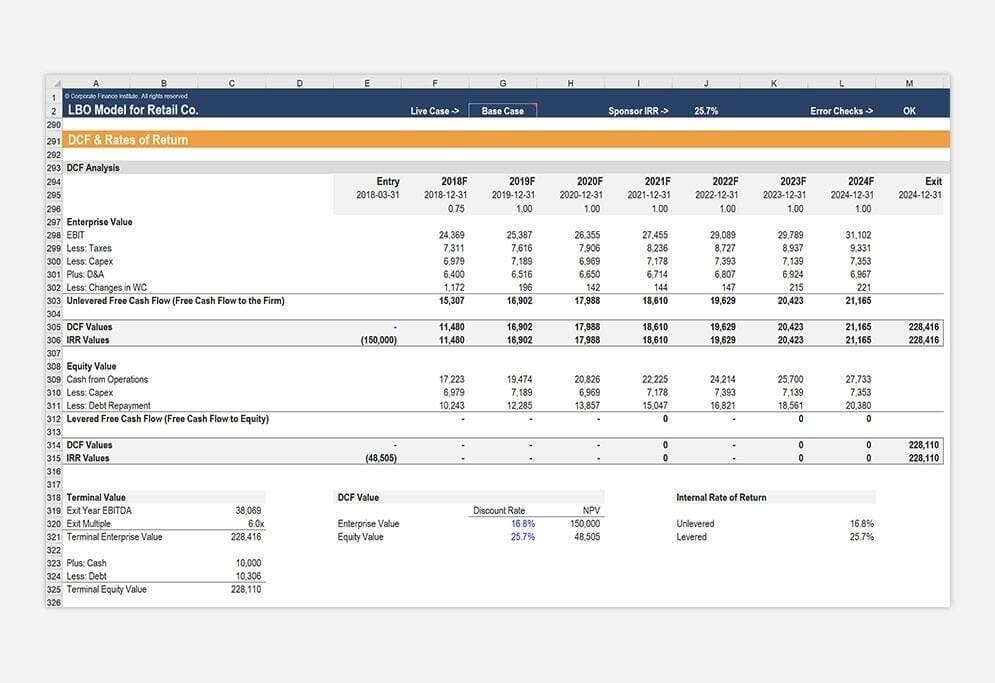What’s New at CFI: BIDA Workflow Efficiency for Analysts
In this episode of FinPod’s What’s New at CFI, we explore the critical role of workflow efficiencies for analysts working in Business Intelligence (BI) and data analysis.
Join us as we unpack practical strategies, tools, and best practices that can streamline your day-to-day tasks, from data gathering and cleaning to analysis and reporting. Whether you’re a seasoned analyst or just starting in the field, you’ll benefit from these insights on how to optimize processes, reduce bottlenecks, and leverage automation to enhance productivity and deliver sharper insights faster.
Tune in to discover how to make your BI and data analysis workflows more efficient and impactful!
Transcript
Ryan (00:13)
Hello and welcome to this latest episode of What’s New at CFI. My name is Ryan Spendelow and I’m SVP of Training and Curriculum here at CFI. Today, I’m joined by my colleague Sebastian Taylor to talk about a new course, Workflow Best Practice for Analysts. Hi Seb, how are you doing today?
Seb Taylor (00:36)
Very good, thanks. Thanks for having me.
Ryan (00:38)
No, I’m really excited that you could join us today in this latest podcast. And I’m really keen to ask you that the title of the course sounds really, really interesting. Can you tell us a bit about what you cover in the course?
Seb Taylor (00:54)
Yeah, of course. The course is really a collection of tips and tricks that all of our subject matter experts across the various pillars at CFI consider best practice. A lot of the courses that we teach are teaching you technical skills or how to do something. I suppose we often, or a subject that’s rarely taught is how you actually work as a team with your colleagues, how you go about…
saving files and naming conventions and formatting of things and things that really help you be a more efficient analyst that helps with the clarity of your outputs and help you work more efficiently with your team. So that’s what we thought we’d bring together in this course is all of those tips that you kind of learn throughout a long career but no one really ever talks about or teaches you.
Ryan (01:47)
Wow, that sounds incredible, sounds really, really valuable. Something that we do every day, but perhaps we don’t put lot of thought and time and effort into really thinking about it. So, you kind of alluded to the fact already, but let me just ask you straight out. Why did the team at CFI decide that this is such an important topic when we’ve got so many other ideas for courses that we could have been working on instead?
Seb Taylor (02:12)
Well, I suppose the subject came up because we were talking about obviously this big boom in AI tools. And really one of the big purposes behind using these tools is about being more efficient and working faster. And yes, absolutely those tools are important and we’ve started developing a lot of content to explore those in more detail. But what came up in that discussion about being more efficient is actually
to enable you to work with AI tools and even data science and business intelligence, it really helps to have everything that you do from files to formatting to documents, everything that you do. If that is hyper-organized, it really helps these tools to interpret the files and information that’s stored within them. And the reason it helps them is because everything is in a consistent format.
That consistent format, doesn’t just help AI tools. It helps you to work with colleagues. It helps you avoid confusion and ensure clarity in communication. It shows that everyone knows where to find the right versions of files and helps people to look through audit trails to see what changes were made to documents. And all of these things, including those AI tools, can help you and your team be more efficient.
Ryan (03:36)
It sounds really, really interesting. So apart from being maybe more efficient, are there any other kind of tangible benefits that our learners who complete this course will gain?
Seb Taylor (03:48)
Yeah, absolutely. I mean, yes, being organised saves you time. The other huge benefit I can think of is that you actually reduce manual errors significantly. One of the examples I talk about during the course actually in a conversation with another one of our SMEs is that errors in models cost dollars, really. They cause errors and they ultimately will cost you money
directly or indirectly. And the example I talk through is when I joined one of my first jobs early in my career, we used to use this Excel model to dictate what forward contracts we would buy in gas and electricity. And there were so many problems caused by inconsistencies in these models that every week we’d be reporting back to our risk management team about excessive trades that we’d done or perhaps
trades that we should have done the prior week. And each time we did this, there would be a cost impact, a significant cost impact to the business. And so understanding how to make your models better structured, more efficient, better naming conventions, and allowing you to work more consistently with your team is not only gonna save you time, but it’s gonna reduce the errors in your work.
Ryan (05:14)
That sounds incredibly, incredibly valuable. And I guess it’s a really good way for analysts, regardless of what specific field you’re in, to maybe stand out a little bit and highlight themselves apart from their teammates as to how efficient they are. Because I guess this isn’t something that lot of people really think about on a day-to-day basis.
Seb Taylor (05:37)
No, exactly. actually during the course, I have a conversation with Jeff, one of our subject matter experts. And one of the points he brings up is that although these things are best practice, it’s actually surprising how rarely they are done. And so there’s a huge opportunity there for analysts to be the ones to step up and kind of put these best practices in place because
when you come across an analyst that does these things, it’s so obvious how much thought they have put into the best practice of their model. Like, you can see instantly how well-organized something is, and it immediately sort of instills trust that everything has been checked in the model. You know there’s a good audit trail that the calculations are going to be clear.
Yeah, I think there’s a huge opportunity for people to put those best practices in place and stand out like you say.
Ryan (06:41)
Brilliant, awesome, really excited about the course. So I’ve got one last question for you, Seb. Is there anything that you’re really excited about that you do in this course that might be a bit different to maybe other CFI courses?
Seb Taylor (06:52)
Yeah, well, we’re always trying to think of new ways to present information and new ways to teach. And one of the new things that we tried in this particular course was instead of just having one subject matter expert present all of the content, we thought it’d be interesting to at the end of each chapter, bring in one or two other subject matter experts and actually have a bit of a discussion about our real-world experience of the topics covered in that chapter.
So yeah, I think that really helps bring those concepts to life. And in the course, learners will hear the subject matter experts talk through their experiences and really how this stuff has a real tangible impact to their work.
Ryan (07:38)
Brilliant! That sounds fun. I’m sure something that our learners will be really super interested in having a look at. So Seb, thank you ever so much for taking time out of your very busy day to talk to us about our new course, Workflow Best Practice for Analysts. Hopefully, we’ve got some more courses from you that we will be releasing at some stage in the future, and you’ll come back on the podcast and tell us about those.
Seb Taylor (08:03)
Absolutely, thanks for having me.
Ryan (08:06)
Awesome. All right, everybody. Thanks ever so much for taking time out of your day to have a listen to our latest podcast, What’s New at CFI? Hopefully, we’ll see you on a future podcast very soon. Take care. Ba-bye!





